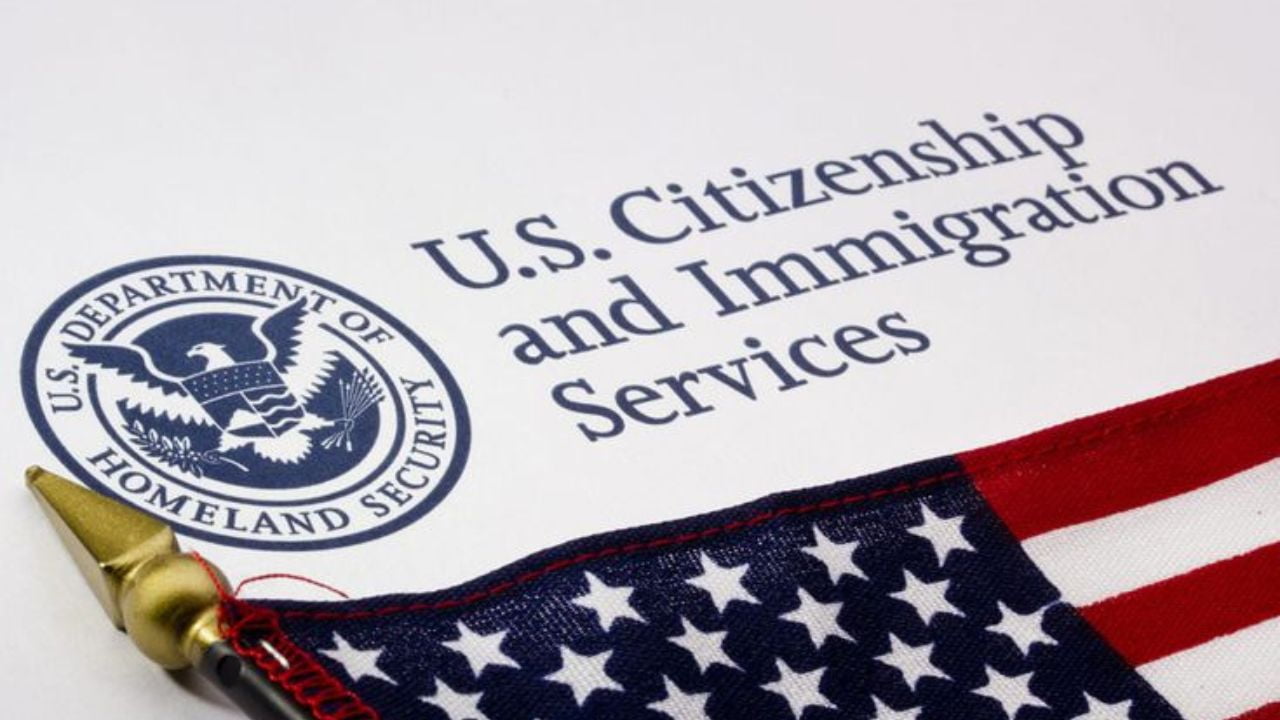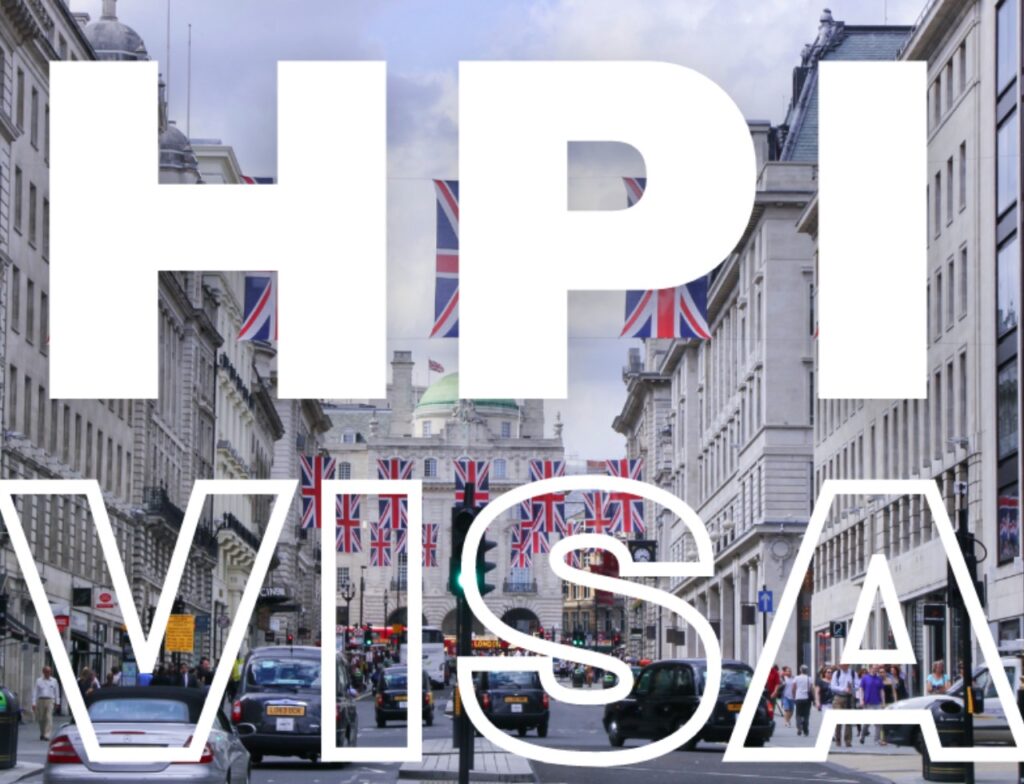( USCIS ) U.S. Citizenship and Immigration Services has updated the Policy Manual with new guidance that substantially impacts F and M nonimmigrant students engaging in Optional Practical Training in the fields of Science, Technology, Engineering, and Mathematics. The new policy is effective immediately and includes sections addressing online study, transfers of school, grace period, and study abroad.
Key Changes to OPT Eligibility and Application Process
The new guidance has brought some major clarifications regarding OPT eligibility. Students with completed associate, bachelor’s, master’s, or doctoral degrees in a STEM field can apply for post-completion OPT. This extension is quite significant for students who wish to seek practical work experience in the United States after the completion of their academic programs.
A major update is the specification of the application period for STEM OPT extensions. USCIS has now outlined a specific time frame within which students can apply for these extensions so as to better inform both the students and institutions of higher learning for preparation.
Online Study and Course Credit Flexibility
Noting the trend of learning online on the rise, USCIS has shifted its policy to be able to accommodate this kind of education. Students, under this changed policy, will now have the ability to consider one class or up to three credits per academic session toward their full course of study if the class is conducted online or through distance learning that does not require them to be physically present on campus. This creates room for flexibility in the case of an international student who has to balance between online courses and traditional face-to-face classes.
Transfer of Schools and Educational Level Changes
Another new policy introduced by the USCIS allows more flexibility in transferring schools and changing between educational levels. Students are allowed to transfer from one U.S. Immigration and Customs Enforcement-certified school to another at the same level of education, such as another bachelor’s or master’s program. In addition, students can move between different levels of education, which expands the options for continuing education without reapplying to obtain a new visa status.
Grace Period Options Extended
One of the most viewed changes is the increased flexibility during the 60-day grace period following the completion of an authorised period of post-completion OPT. During this time, students could change their educational level, transfer to another SEVP-certified school, or apply for a change to a different nonimmigrant or immigrant status. Students in this case would be able to think deeply about what is next instead of feeling the stress of an impending deadline.
Guidelines for the Study Abroad Program
The USCIS has also offered some clarification regarding students in study abroad programs. Students at SEVP-certified schools may remain in active status in SEVIS if their study abroad program will last less than five months. In programs that would extend beyond five months, students would be considered to be taking a leave of absence and would have to obtain a new Form I-20 Certificate of Eligibility for Nonimmigrant Student Status.
Conclusion
The new USCIS guidelines are indeed a step in the right direction with regard to the clarity and flexibility extended toward international students of STEM disciplines in the handling of their academic and professional sojourn in the U.S. These updates are not only beneficial for those already undertaking this OPT journey but also for those who will plan their future studies and careers in these fields.





